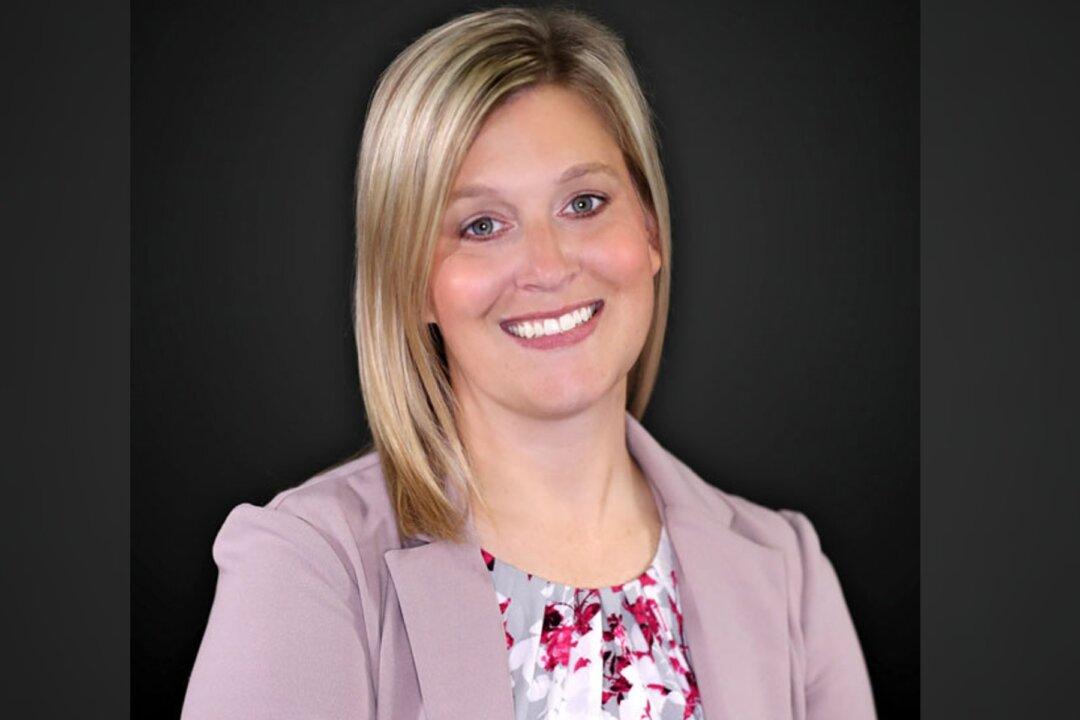The need for medical patients to have their own advocates has become critical in light of increasing reports from family members who believe their loved ones died in the hospital because of the COVID-19 treatment protocols prescribed by doctors.
To assist in breaking up what Priscilla Romans called “an unhealthy co-dependency” between patients and the health care system, Romans launched Graith Care, a patient advocacy business that takes the ultimate authority out of the hands of the “white coats” and returns it back to the patient.





